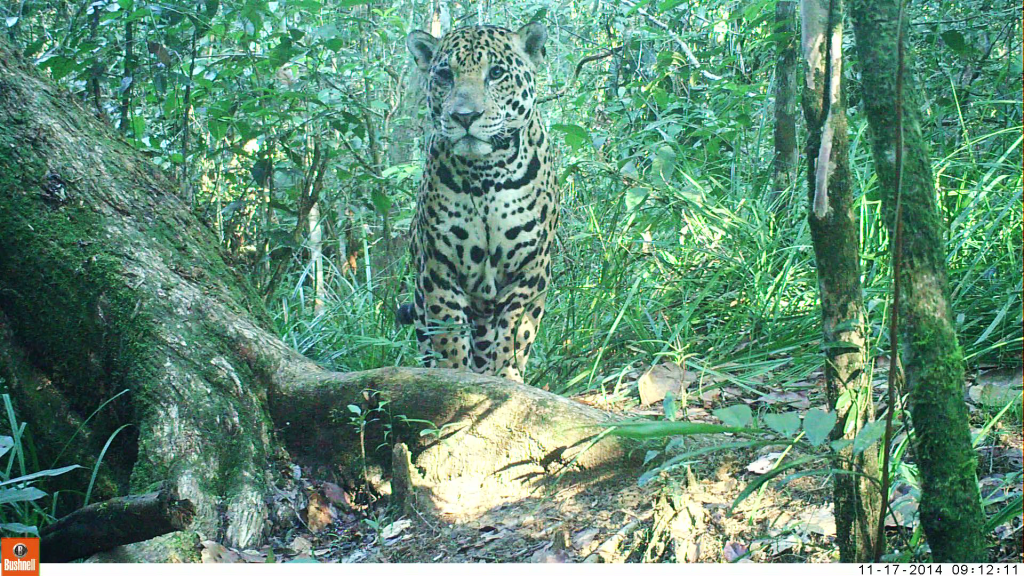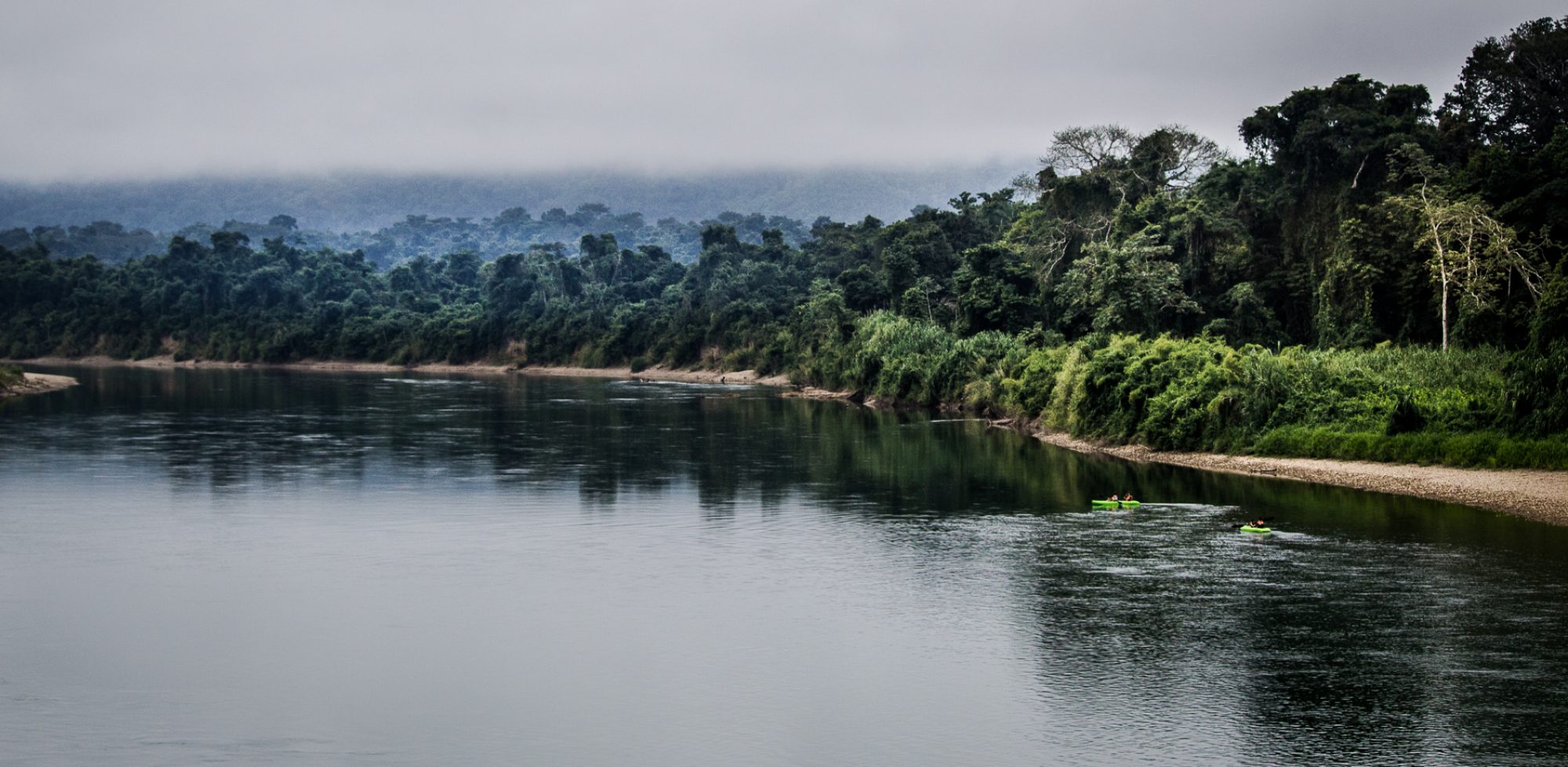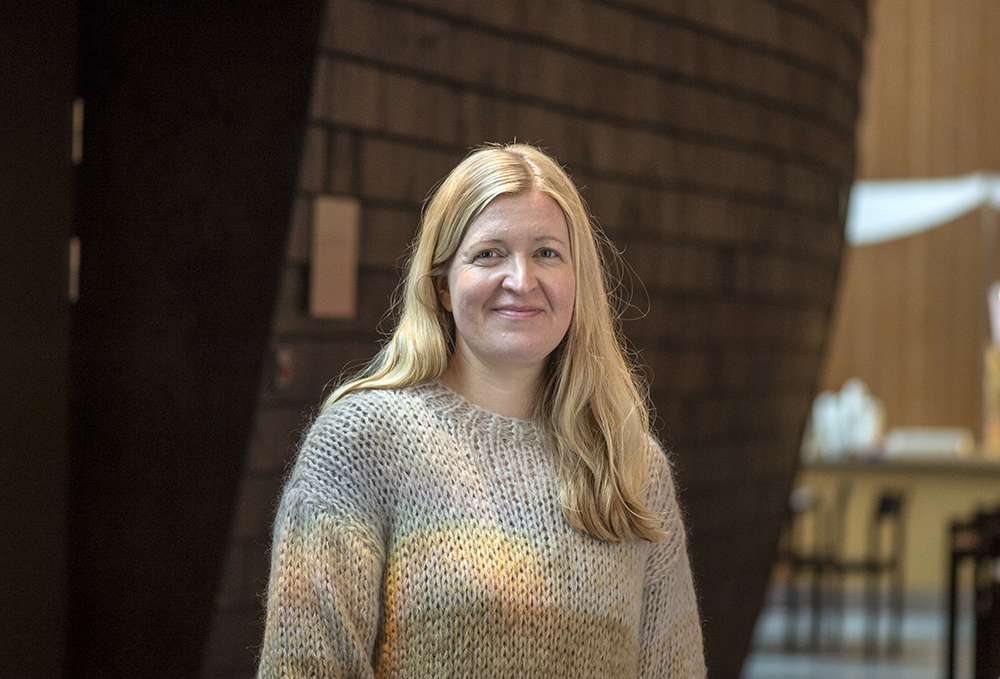Welcome to the lab exploring international relations and political geographies otherwise in the Maya Forest (2019-2028)
This lab begun in 2020 with the research project “Political Forests – the Maya Forest”, which explored nature conservation politics and international relations in borderlands. Funded by the Finnish Kone Foundation and conducted in the University of Eastern Finland (UEF), the project was focused on understanding how transboundary conservation shapes international relations in borderlands now subject to ecological concern. These are so-called political forests, and one of them, the Maya Forest in Mesoamerica, is the main case study of this research.
Maya Forest is a term developed by scholars and conservationists in the 1990s. It refers to the humid, tropical rainforests located in the borderlands of Mexico, Guatemala and Belize, which is also home to the ancient Mayan civilization. Nowadays the region is also defined as a biodiversity hotspot.
The Maya Forest has become an important space for transboundary conservation. Today it consists of many protected areas (biosphere reserves and national parks, among others), projects, actors, collaborations, and challenges. The Mesoamerican Maya Forest is a territory subject to many transformations and ambitions. Conservation projects inevitably engage and entangle with these. At the same time, the Maya Forest importantly taps into the “Maya”: Riviera Maya, Maya Polis, Maya Train, Maya Rivers, and the Maya Forest have all appropriated the “Maya” in different ways. Simultaneously, the Maya Forest is home to many Indigenous peoples, including Mayan groups struggling for their rights.
The objective of the ongoing project is to research the nexus of the above-mentioned transformations: In which ways does conservation shape these territories and phenomena? How is conservation, again, shaped by these dynamics? This project bridges the study of International Relations, Borderlands and Political Geographies to understand and explain political forests – the Maya Forest.
The research begun prior to 2020 with the funding from the Mexican Council of Science and Technology grant (2019-2020) focused on conservation and borderlands. It was conducted in the research institute El Colegio de la Frontera Sur (ECOSUR) in Mexico. In addition to the Kone Foundation grant (2020-2024), the research has also been supported by the Finnish Foundation “Kansan Sivistysrahasto” (2023), the Department of Geographical and Historical Studies and the Department of Social Sciences of the UEF and well as the Faculty of Social Sciences and Business Studies of the UEF.
At the moment, this research lab continues with its principal researcher’s project (2023-2028), which expands to diplomacies and geopolitics otherwise, including such issues as Indigenous geopolitics, science diplomacy, small state agencies and borderlands. Transboundarities, different spatial dimensions and developments in power relations are at the core of this research.
In this website, you will find key information about the project in its different stages, publications and divulgation endeavors.
NEWS
The Maya Forest Waterlands-film
A film by Kerttu Matinpuro interviewing Hanna Laako and Edith Kauffer about their forthcoming book The Maya Forest Waterlands: Shared Conservation, Entangled Politics and Fluid Borders (Routledge). The film is in English with Spanish subtitles.
The film with Finnish subtitles below:
Versus Online Popular Science Publication 30.05.2022:
“The Guardians of the Maya Forest“

Lessons from transboundary nature conservation. Researchers from three continents discuss the extensions and the limits of the nature states: Hanna Laako et al. on the Maya Forest, Emily Wakild on Conservation as Coming Together, Ari Lehtinen the “Embryos of the Fennoscandian Greenbelt”, and Elisa Castro from Natura Mexicana about the transboundary ecosystem connectivity.
UEF Interview by Sari Eskelinen 04.03.2022:
“Transboundary conservation politics in the spotlight of an International Relations scholar“

During her years in Mexico, Senior Researcher Hanna Laako took a large leap in the multidisciplinary research of global politics. Empirical and fieldwork-based research is slowly gaining relevance in International Relations.
Kone Foundation Different Routes-series article 10.12.2021:
“In Kalimantan and Mesoamerica, nature needs protection without leaving people behind“

Somewhere far away, biodiversity is dwindling and rainforests are being cut down. Nature conservation is a hot topic of conversation, but people who live in the midst of environmental disputes are often overlooked in such debates. Science journalist Mikko Pelttari asked researchers of sparsely populated border regions how we could better understand areas with the most to protect and the most to lose.







